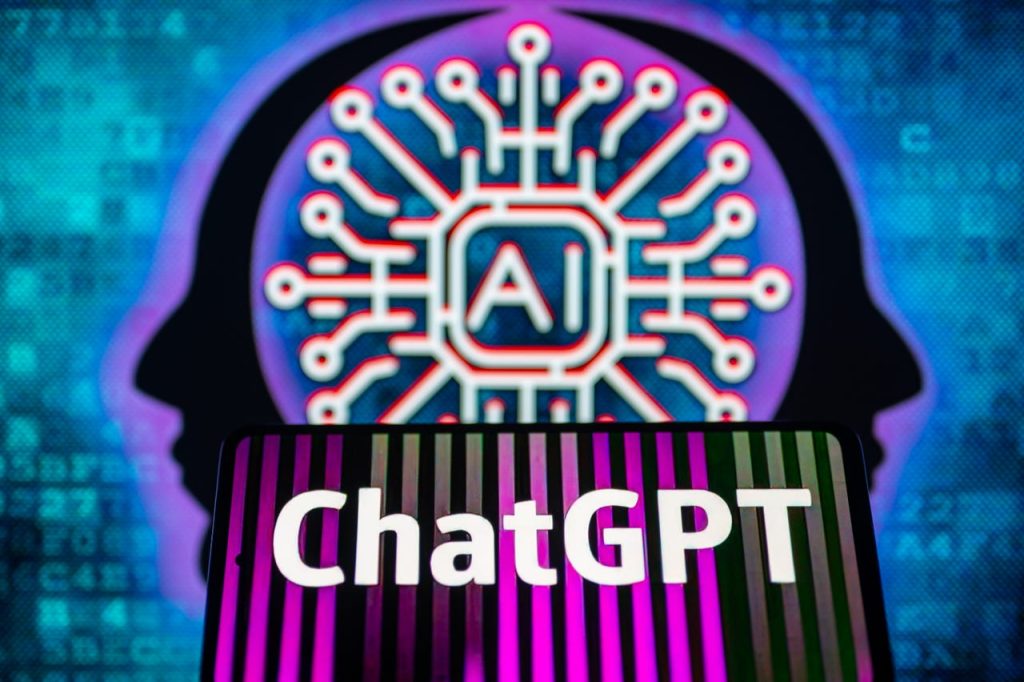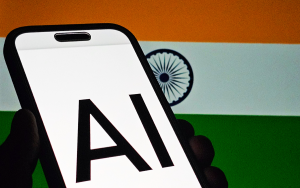Exploring AI’s Role in a Human World

The debate surrounding the potential of artificial intelligence (AI) to match or even surpass human intelligence continues to rouse scholars, tech enthusiasts, and the general public alike. The rapid evolution and integration of AI into our daily lives raise profound questions about the future of this technology.
Will AI enhance human capabilities or come to replace them entirely? This question has sparked myriad discussions around the capacities of AI versus the nuanced capabilities of human intelligence. As we delve deeper into this topic, we encounter a landscape rich with innovation, ethical considerations, and endless possibilities that could redefine our interaction with technology.
The Evolution of Artificial Intelligence
The journey of artificial intelligence (AI) began decades ago, with the initial goal to create machines that could mimic human reasoning. From simple algorithms to complex neural networks, AI has advanced significantly. Today, it is a cornerstone of numerous innovations.
Capabilities of AI Compared to Human Intelligence
AI excels in processing large volumes of data and performing tasks with speed and accuracy that surpass human capabilities. It shines in environments that require precision and repetitive actions.
However, when it comes to emotional intelligence, creativity, and moral judgement, AI is still lagging behind humans. These aspects are deeply embedded in human experience and are not easily replicated by machines.
The Integration of AI in Daily Life
AI is not just a scientific concept; it’s part of everyday life. From smartphones to home automation systems, AI’s integration is widespread.
This technology enhances convenience and efficiency, managing tasks from setting alarms to controlling home temperatures. The implications for daily living are profound.
Yet, there is a growing concern about privacy and employment. As AI takes over more tasks, the fear of job displacement intensifies among workers.
Ethical Considerations of AI
The rapid development of AI has led to significant ethical debates. Key concerns include surveillance overreach, bias in decision-making algorithms, and the potential for autonomous weapons.
Ensuring AI ethics involves continuous monitoring and adaptation of regulations to keep pace with technological advancements. It’s a global challenge that requires international cooperation.
AI in Healthcare
In healthcare, AI’s impact is transformative, facilitating breakthroughs in diagnosis and treatment. Machine learning algorithms analyze vast amounts of medical data, leading to faster and more accurate diagnoses.
AI also supports personalized medicine, adapting treatments to individual patient profiles, which enhances treatment efficacy and patient care. These developments hold promise for significant improvements in health outcomes.
However, the reliance on data raises issues related to data privacy and the accuracy of AI-generated recommendations.
The Future of AI and Human Interaction
The interaction between humans and AI is evolving. As AI becomes more sophisticated, it is being taught not only to perform tasks but also to understand human emotions.
This progress could lead to more empathetic machines that better understand and interact with humans. Yet the question remains: Can AI truly replicate the depth of human emotions?
As we conclude, the capabilities of artificial intelligence (AI) have become integral to our daily lives and industries, yet they do not fully encapsulate the complexities of human intelligence. The ongoing development in AI technology brings forth both opportunities and challenges. As we progress, the balance between leveraging AI’s potential and maintaining essential human values remains a pivotal focus of future advancements.








